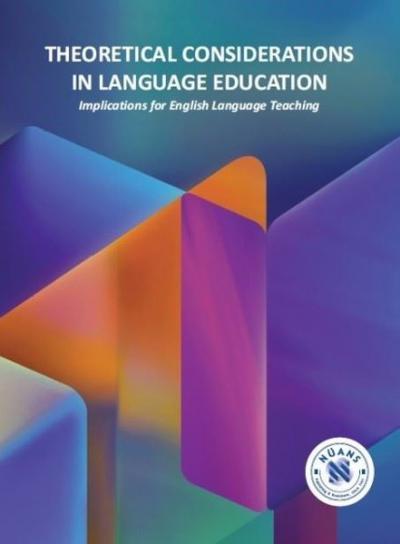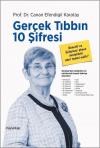Theoretical Considerations in Language Education Implications for English Language Teaching

English Language Teaching (ELT) is a field that has not produced its own theories. Instead, the field has been influenced by and has borrowed theories from other branches of social sciences, such as psychology, linguistics, sociology, anthropology, and educational sciences. The diversity of theories in social sciences is a great advantage to ELT as there are many applicable and meaningful theories from its related fields that have the potential to enhance the practices of language teaching professionals and researchers around theworld.
Designed for diverse audiences frompre‐service and in‐service language teachers to teacher trainers and researchers, this edited book brings together a variety of theories from disciplines related to ELT, describing their historical development and connecting them to language teaching and learning. Each chapter of this volume displays how a specific theory has influenced principles, practices, and methodologies in language teaching/learning and language teacher training. Each chapter also provides additional insights and pedagogical suggestions into how to adapt and apply the basic principles and guidelines of the theory into classroom settings.
(Tanıtım Bülteninden)
English Language Teaching (ELT) is a field that has not produced its own theories. Instead, the field has been influenced by and has borrowed theories from other branches of social sciences, such as psychology, linguistics, sociology, anthropology, and educational sciences. The diversity of theories in social sciences is a great advantage to ELT as there are many applicable and meaningful theories from its related fields that have the potential to enhance the practices of language teaching professionals and researchers around theworld.
Designed for diverse audiences frompre‐service and in‐service language teachers to teacher trainers and researchers, this edited book brings together a variety of theories from disciplines related to ELT, describing their historical development and connecting them to language teaching and learning. Each chapter of this volume displays how a specific theory has influenced principles, practices, and methodologies in language teaching/learning and language teacher training. Each chapter also provides additional insights and pedagogical suggestions into how to adapt and apply the basic principles and guidelines of the theory into classroom settings.
(Tanıtım Bülteninden)
















